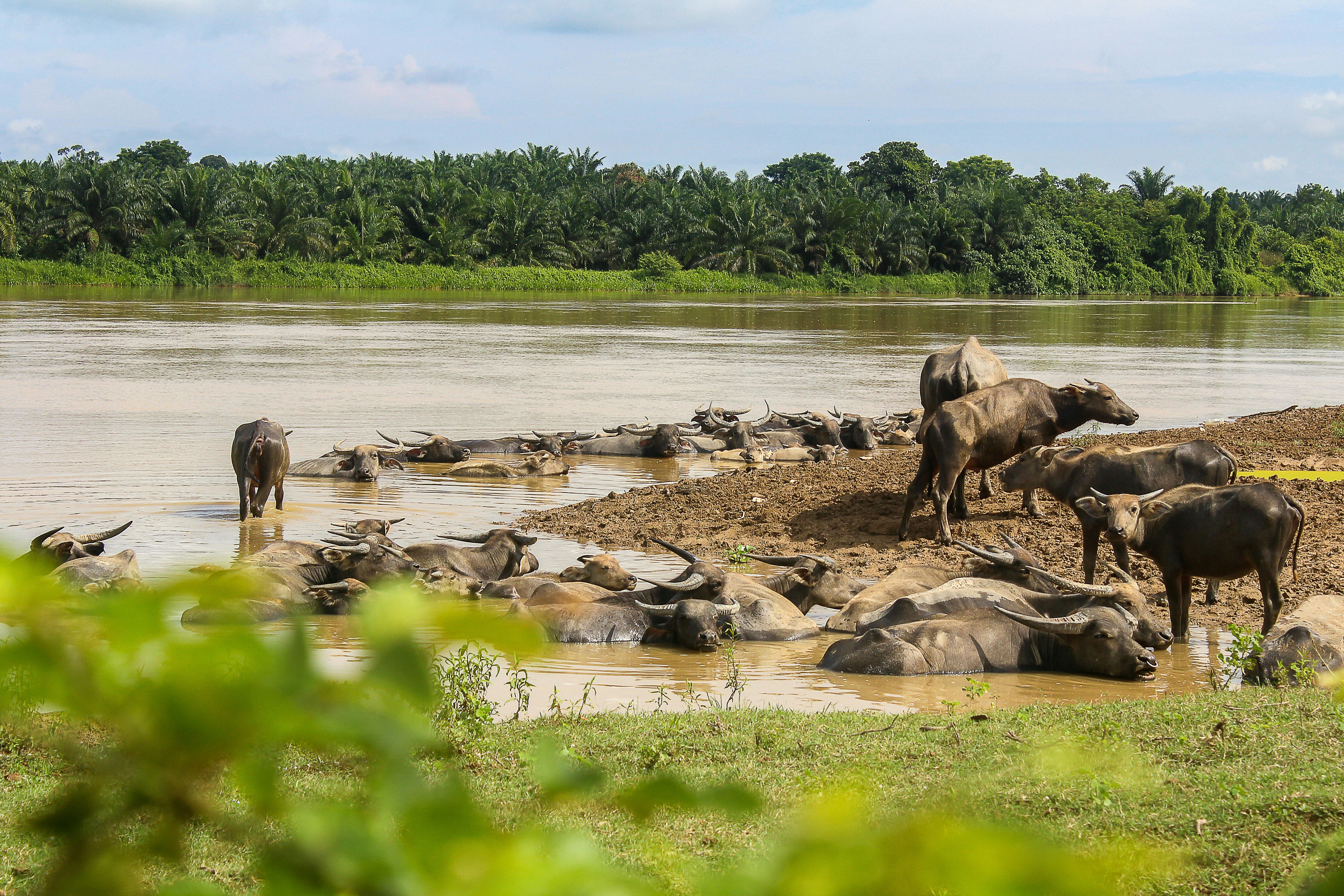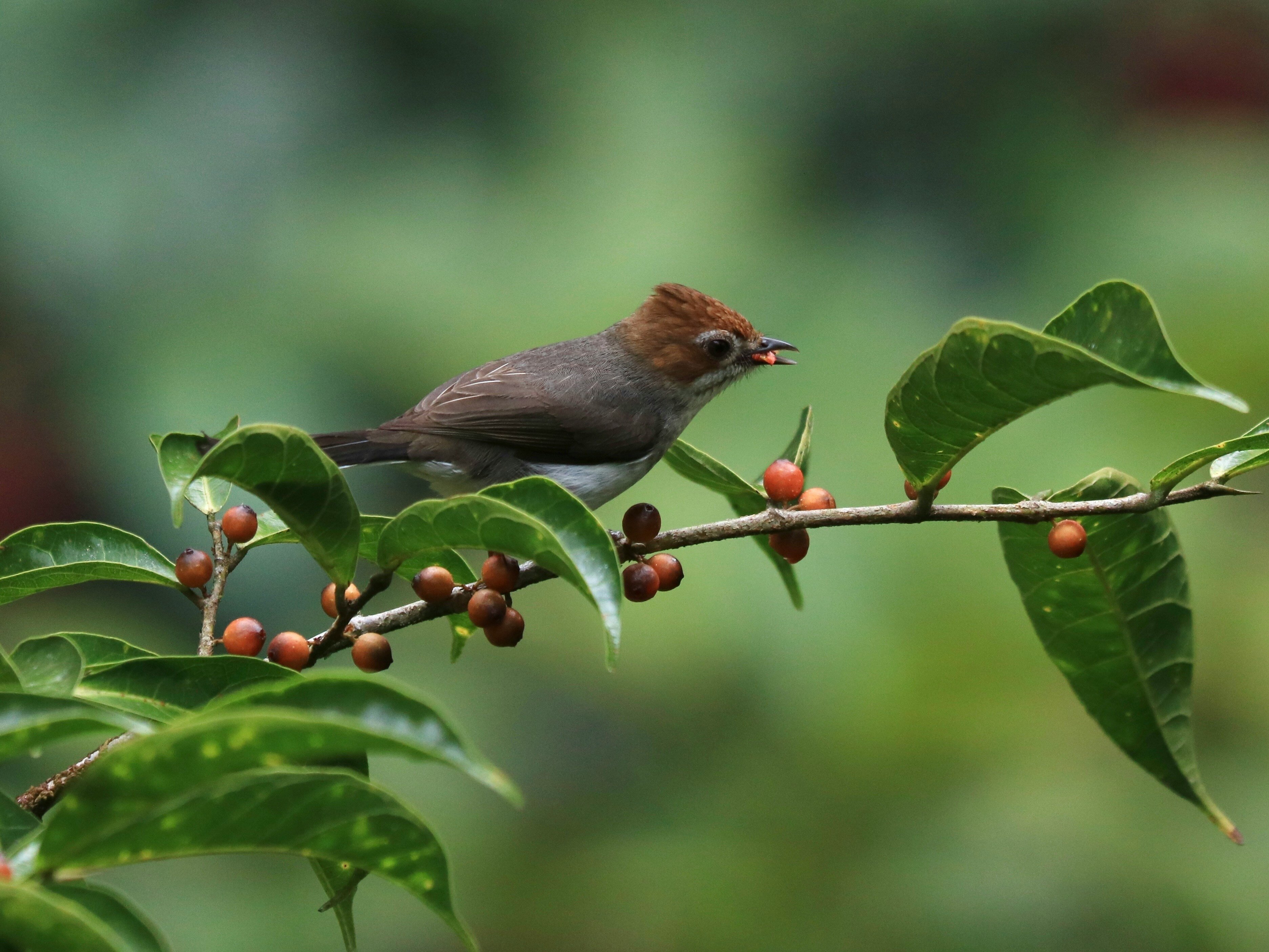Week 45: Conservation Finance News
Malaysia reaffirms commitment to biodiversity conservation
Malaysia's Natural Resources Minister, Nik Nazmi Nik Ahmad, affirmed the country's commitment to biodiversity conservation, highlighting its megadiverse status and integration of the Kunming-Montreal Framework into national plans. He emphasized collaboration with the private sector, the role of indigenous communities, and the need for financial and technological support, stressing urgency for future generations. Click here to learn more.
Sabah to identify another 220,000 hectares as TPAs and confident of reaching 30% protected areas target by 2025
The Sabah Forestry Department aims to designate 30% of its land as Totally Protected Areas (TPAs) by 2025, adding 220,000 hectares to reach 2.2 million hectares. Currently, TPAs cover 27.3% of the land. The department is updating the Forest Enactment 1968 and has completed the Sabah State Forest Master Plan and Sabah Mangrove Action Plan with WWF Sabah. The Sabah Wildlife Department also advances climate action, including carbon credit sales from the Kuamut Rainforest Conservation Project. To learn more, you can click here.
Malaysia proposes improving ASEAN-India Fund for agriculture and climate change
Malaysia proposed optimizing the ASEAN-India Fund to boost agricultural sustainability and climate change cooperation. At the 8th AIMMAF on October 25, ministers stressed sustainability in agriculture, including decarbonization and reduced pesticide use. Malaysia acknowledged progress in the 2021-2025 Medium-term Plan and urged further projects. AIMMAF reviews collaboration, with the next meeting in 2026 in India. Click here to learn more.
NRES has no intention to develop specific SOP relating to REE exports
Malaysia’s NRES finds current SOPs for REE exports sufficient, with exploration under state control and guidelines provided. Kedah reviews implementation, and a moratorium on raw exports supports industry growth. Hulu Perak has the approval to export rare earth carbonate. Meanwhile, in Cali, Colombia proposed a global treaty on mineral traceability at COP16. With demand set to triple by 2030, experts stress the need for independent oversight and human rights standards, though Brazil, the upcoming COP30 host, has yet to endorse the treaty. To know more, you can click here and here.
NGOs, officials trade blame as Malaysian forest conservation project is scrapped
In early October, the International Tropical Timber Organization canceled a $1.3 million conservation project in Sarawak, Malaysia, at the request of the state forest department. The project was intended to engage the government, local communities, and civil society in managing 283,500 hectares of land. However, tensions arose between the government and NGOs over differing views on land use within the project area, particularly concerning an active forestry concession, which was a significant point of contention. To know more, you can click here.
Countries launch champion group for mainstreaming biodiversity at COP16
As the UN Biodiversity Conference CBD-COP16 ends, governments announced a Champions Group to mainstream the Kunming-Montreal Global Biodiversity Framework (GBF) across all economic sectors. Led by Colombia and Mexico, this initiative aims to foster a nature-positive economy to combat biodiversity loss by the decade's end. Supported by NGOs like The Nature Conservancy and WWF, it targets sustainable practices in agriculture, tourism, and finance. Key priorities include accelerating action and collaboration through 2030. Armenia will host COP17 Biodiversity in 2026, having secured 65 out of 123 votes over Azerbaijan. To know more, you can click here.
World Bank and IDB introduce guidelines for sustainable finance instruments
The IDB and World Bank introduced Amazonia Bonds guidelines to fund projects benefiting communities and biodiversity, supporting zero deforestation. These guidelines align with global standards and were developed with stakeholder consultations, including plans for further dialogues with Indigenous Peoples. To learn more, you can click here.
ADB issues its first biodiversity and nature bond
The Asian Development Bank (ADB) launched an A$150 million biodiversity bond to fund projects in Asia and the Pacific, aligning with UN Sustainable Development Goals. Supported by Dai-ichi Life Insurance and Credit Agricole CIB, it aims to mobilize private capital. ADB plans an Environment Action Plan 2024–2030 to further its commitment to sustainable growth and biodiversity. To learn more, click here.
VERRA launched the nature framework, and plans to list the first biodiversity credits in April
Verra's Nature Framework, part of the SD VISta Program, quantifies biodiversity outcomes and creates Nature Credits to boost conservation investment. It helps close the biodiversity funding gap by enabling companies to buy Nature Credits, aiming to mobilize $200 billion annually. The framework involves Indigenous Peoples and local communities, ensuring social safeguards and equitable benefit-sharing, with a focus on positive biodiversity impacts and community engagement. Click here to learn more.
EIB and WWF to provide early stage funding for nature based solutions
Verra's Nature Framework, part of the SD VISta Program, quantifies biodiversity outcomes and creates Nature Credits to boost conservation investment. It helps close the biodiversity funding gap by enabling companies to buy Nature Credits, aiming to mobilize $200 billion annually. The framework involves Indigenous Peoples and local communities, ensuring social safeguards and equitable benefit-sharing, with a focus on positive biodiversity impacts and community engagement. Click here to learn more.



